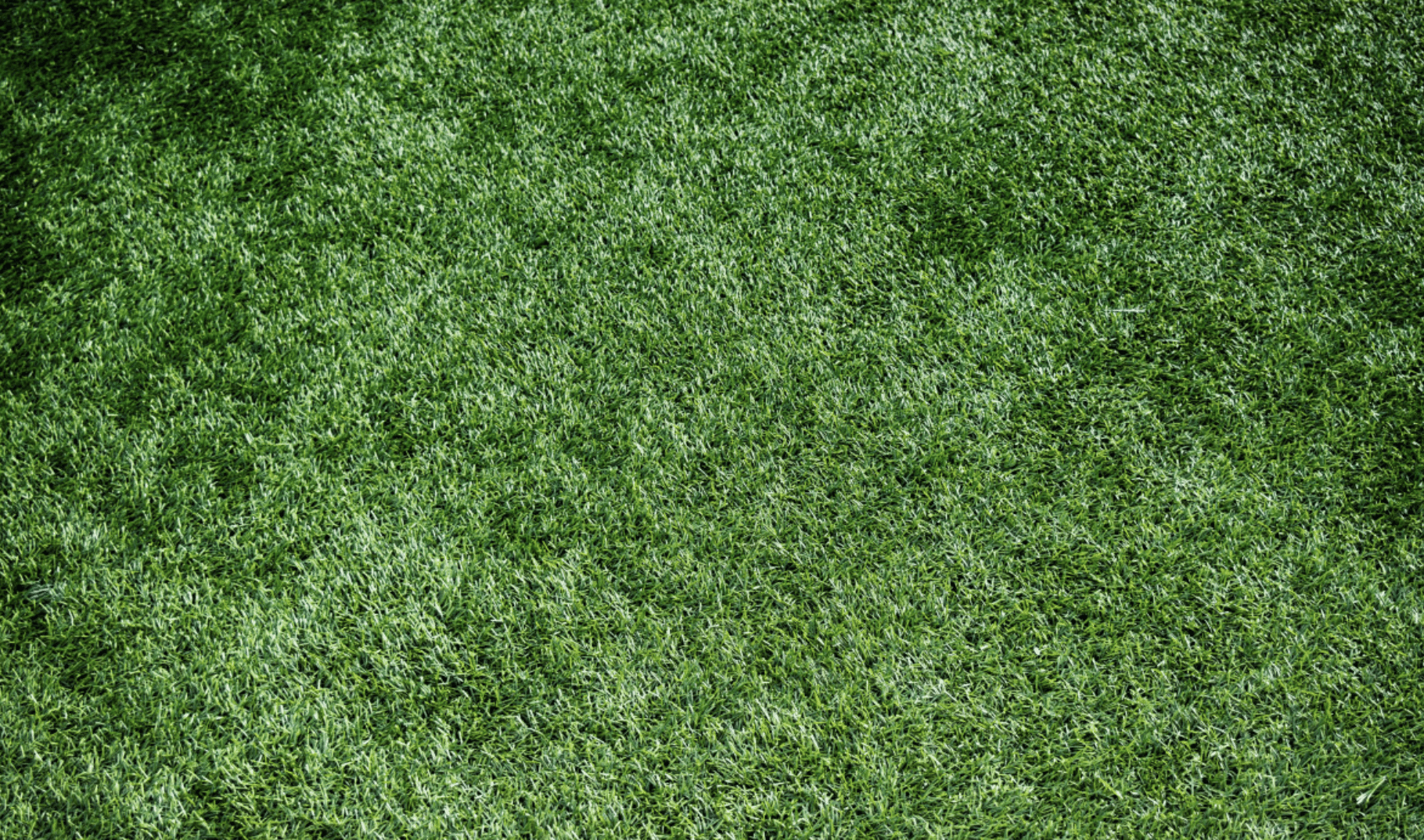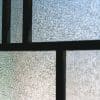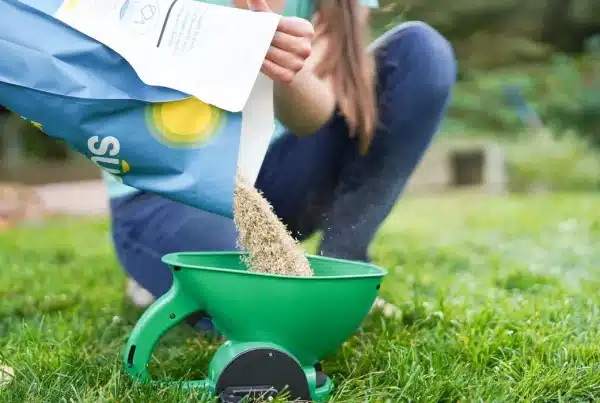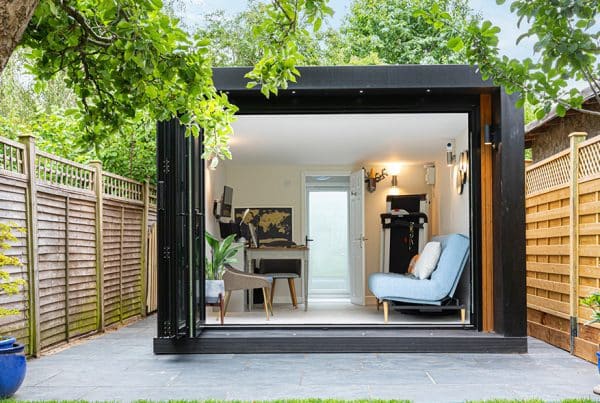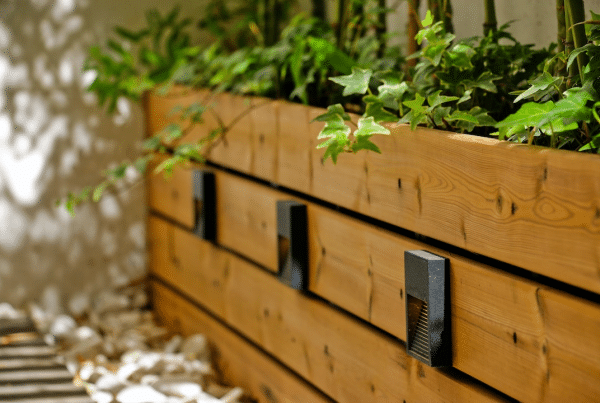The quest for a perfect garden has evolved, and with it, the debate over artificial grass. As more homeowners consider this low-maintenance alternative, a crucial question arises: will artificial grass enhance the value of your home, or could it potentially diminish it? Jason Harris-Cohen, Managing Director of Cash House Buyers Open Property Group, has spent years in the industry and has grasped a deep understanding of what does and doesn’t add value when people are looking to sell their properties quickly.
In this article we delve deeper into the Artificial Grass argument:
The Aesthetics Argument
Proponents of artificial grass argue that it provides a consistently lush, green lawn all year round. In a country where weather can often be unpredictable, having a garden that remains verdant regardless of the season can be appealing. From an aesthetic perspective, a well-maintained artificial lawn can indeed enhance the visual appeal of your property.
Low Maintenance, High Appeal
One of the significant advantages of artificial grass is its low maintenance. No mowing, no watering, and no fertilising – it’s an attractive proposition for busy homeowners. Additionally, for those with allergies, artificial grass eliminates pollen-related concerns, making it a practical choice. These factors contribute to the curb appeal, potentially attracting buyers who appreciate a hassle-free garden.
The Environmental Concerns
However, not everyone is enamoured with the idea of synthetic turf. Some argue that artificial grass lacks the natural charm of real grass. There are also environmental concerns, primarily related to its production and disposal. Artificial grass is typically made from non-biodegradable materials, raising questions about its long-term impact on the environment.
Property Valuation: The Real Deal
When it comes to property valuation, the impact of artificial grass is nuanced. While it can enhance the aesthetics and potentially attract buyers, the added value might not always equal the initial investment. It largely depends on the preferences of potential buyers in the area. Some might appreciate the low maintenance aspect and be willing to pay a premium, while others might prefer a traditional, natural lawn.
Considering the Location
The impact of artificial grass on property value can also be location-specific. In areas where water conservation is a significant concern due to persistent drought conditions, artificial grass might be viewed more favourably, potentially adding value. However, in areas where water is abundant, the value addition might not be as significant.
The Final Verdict
In the end, the decision to install artificial grass should align with your personal preferences and the context of your neighbourhood. While it offers practical benefits and can enhance the visual appeal, its impact on property value might vary. It’s essential to weigh the pros and cons, consider local preferences, and perhaps consult with a real estate expert to make an informed decision that suits both your lifestyle and potential resale value. Ultimately, your garden should be a reflection of your taste and needs, ensuring your home is a place you love to live in.

